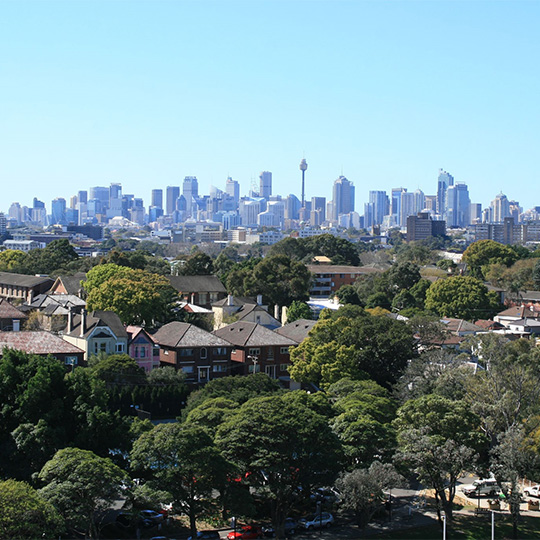In 2022, there was a resurgence of influenza arising from the reopening of international borders. In 2023, seasonal influenza activity is expected to continue, and we encourage you to emphasise the importance of influenza vaccination.
Annual vaccination is the most important measure to prevent influenza and its complications. It is recommended for all people 6 months of age and older.
At risk groups
Influenza vaccination is particularly important for those considered most at risk. Under the National Immunisation Program free influenza vaccines are provided to the following high risk groups:
- children aged 6 months to less than 5 years
- all Aboriginal and Torres Strait Islander people aged 6 months and over
- people aged 6 months and over with certain medical conditions that increase their chance of severe influenza and its complications
- pregnant women (at any stage during pregnancy)
- people aged 65 years and over.
Uptake of influenza vaccination in children under 5, First Nations people and pregnant women is low, and there is a need to continue to improve vaccination rates in these cohorts.
Vaccine supply and timing
National Immunisation Program (NIP) influenza vaccines will be available to order from April, subject to local supply arrangements.
Annual influenza vaccination should occur from April onwards to provide protection for the peak of the influenza season, which is generally June to September in most parts of Australia. Note though, vaccination can occur as soon as vaccine stock is available.
Influenza vaccines can be co-administered (given on the same day) with any COVID-19 vaccine.
It is mandatory to report all influenza vaccines administered to the Australian Immunisation Register (AIR), both NIP and private vaccines.
Prepare for the season
Discard expired vaccines
Some influenza vaccine brands expired in December 2022 and others expire on 28 February 2023. Dispose of vaccines according to your local level protocols.
Order 2023 vaccines
You can order NIP influenza vaccines through the usual channels in your state or territory. Contact your state or territory immunisation program if you have any questions.
Promote the free vaccine to eligible people and priority groups
A recommendation from a health professional is key to many people taking up a vaccine. We will distribute posters, program advice and information cards to General Practices and Aboriginal Health Services from April. Resources are available from the 2023 influenza resource collection. General information about influenza for consumers can be found at health.gov.au/flu.
Consider opportunities to co-administer vaccines
You can give influenza vaccines on the same day (co-administered) as any COVID-19 vaccine. Give patients the option to have both vaccinations if appropriate.
Ensure vaccine safety
Always check the patient’s age before vaccination and use the correct influenza vaccine for their age.
Report to the Australian Immunisation Register (AIR)
Report all influenza vaccines administered to the AIR, both NIP and private vaccines.
Resources we encourage providers to review:
- ATAGI statement – ATAGI advice on seasonal influenza vaccines in 2023
- NIP fact sheet – 2023 Influenza vaccination – Program advice for vaccination providers
- National Immunisation Program schedule – we have updated the schedule to incorporate influenza vaccination to ensure you can easily identify eligible patients
- Sharing Knowledge About Immunisation (SKAI) – resources to support providers in conversations with parents of young children and pregnant women around influenza vaccination.
Subscribe to our email list
GPs and other immunisation providers can get the latest National Immunisation Program updates by subscribing to our email list.







